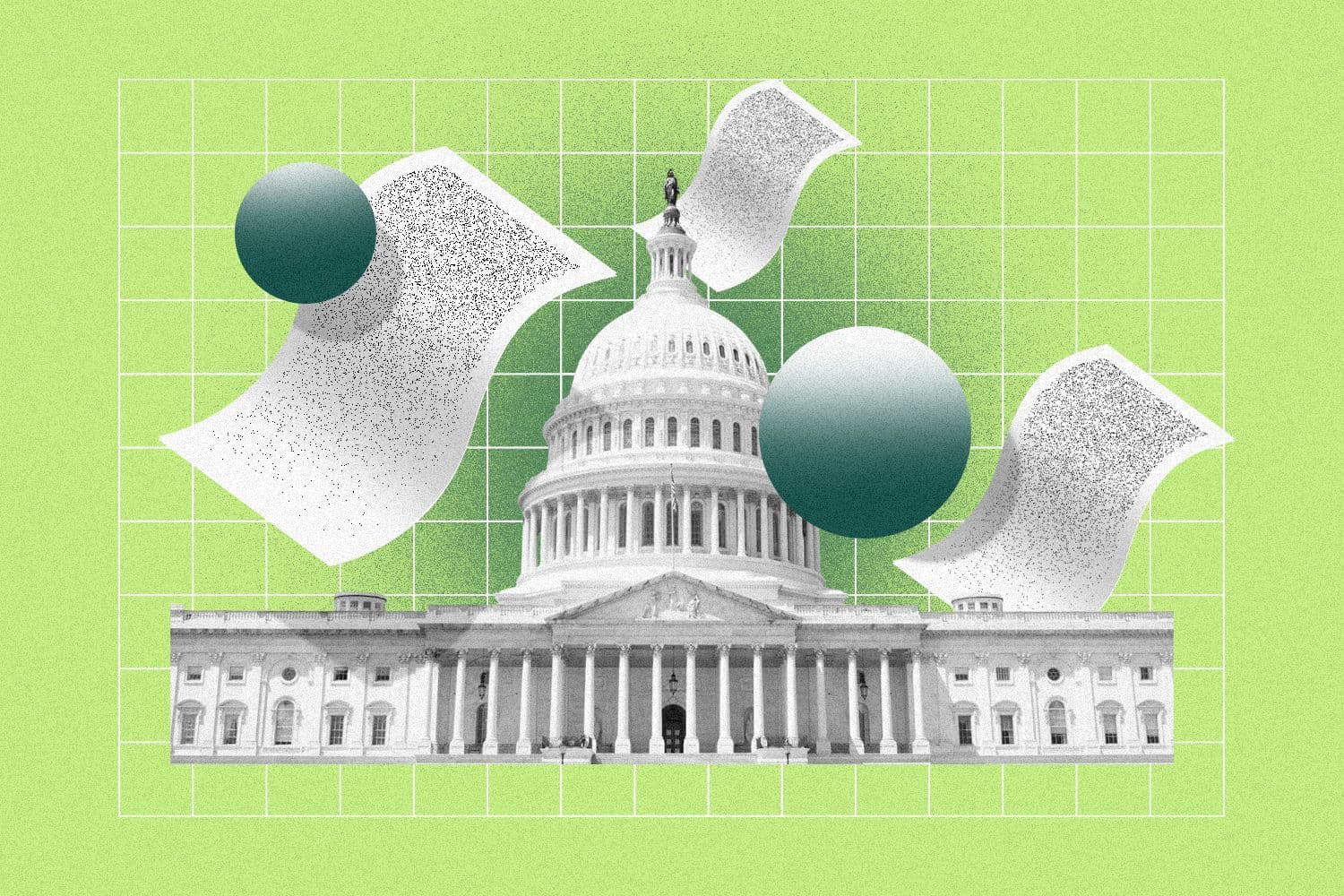Legislative lowdown: Federal judge strikes down FTC noncompete ban
Employers won’t be prohibited from using noncompetes as expected on Sept. 4, though the FTC said it may appeal the decision.

Francis Scialabba
• 3 min read
Courtney Vinopal is a senior reporter for HR Brew covering total rewards and compliance.
A Texas federal judge recently struck down a Federal Trade Commission (FTC) ban on noncompete agreements that was set to take effect on Sept. 4.
The court concluded “the FTC lacks statutory authority” to ban most noncompetes, and that the rule issued by the agency was “arbitrary and capricious,” US District Judge Ada Brown wrote in an Aug. 20 opinion.
The final rule, which was issued by the FTC in April, would have banned employers from including noncompete agreements in employment contracts. Noncompetes are common in industries ranging from hair styling to medicine, and may keep workers from joining another company, or bringing clients to a new firm. The FTC went after the agreements on the grounds they stifle wages and innovation, but the rule was challenged by a handful of businesses, including Ryan, a Dallas-based tax firm.
Brown initially ruled in favor of the plaintiffs in a narrower ruling on July 3 before issuing the final ruling blocking the ban from taking effect. A federal judge in Pennsylvania rejected a similar challenge to the ban on July 23.
What’s next for noncompete bans? In her opinion, Judge Brown wrote the FTC ban will “not be enforced or otherwise take effect” as planned on Sept. 4, though Victoria Graham, an FTC spokesperson, told HR Brew via email that the decision “does not prevent the FTC from addressing noncompetes through case-by-case enforcement actions.” She also said the FTC is “seriously considering” appealing the Texas court’s decision.
Prior to the rule being blocked, experts who spoke to HR Brew cautioned employers from entering into noncompetes, and recommended they consider alternative clauses to prevent their former employees from engaging in unfair competition or sharing trade secrets. Such tactics may be something employers have already considered if they’re based in a jurisdiction that has laws on the books limiting businesses from using noncompetes.
Five states currently ban noncompete agreements, and it’s likely New York legislators will consider a ban this year after a previous attempt was blocked by Gov. Kathy Hochul.
In a statement, Emily M. Dickens, the Society for Human Resource Management’s chief of staff and head of government affairs, applauded Judge Brown’s decision. She said it affirmed SHRM’s position that the FTC ban “ignored the positive impact non-compete agreements can have when applied appropriately.”
Quick-to-read HR news & insights
From recruiting and retention to company culture and the latest in HR tech, HR Brew delivers up-to-date industry news and tips to help HR pros stay nimble in today’s fast-changing business environment.
Quick-to-read HR news & insights
From recruiting and retention to company culture and the latest in HR tech, HR Brew delivers up-to-date industry news and tips to help HR pros stay nimble in today’s fast-changing business environment.